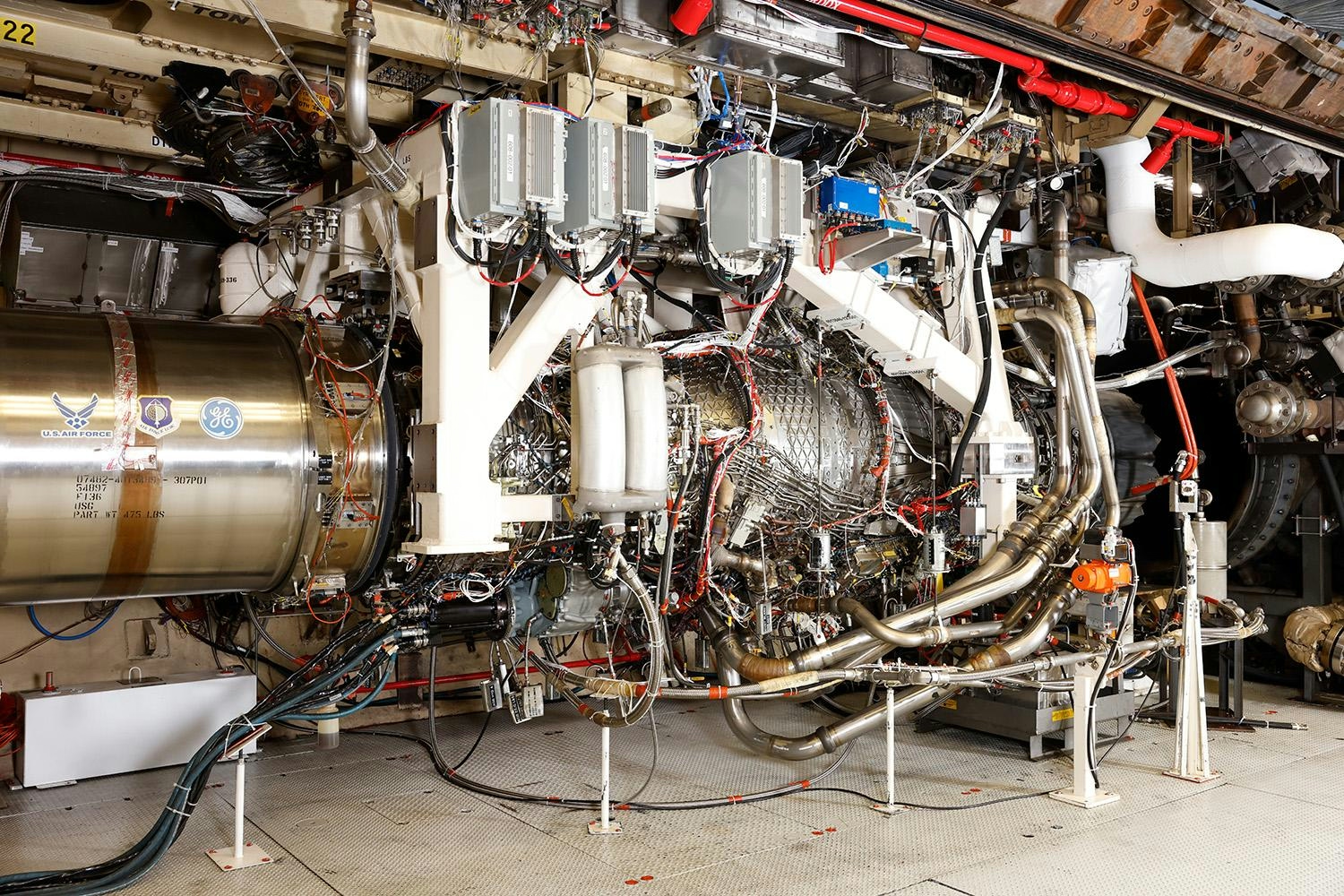AeroGenie — Your Intelligent Copilot.
Trending
Categories
GE Aerospace Tests Hypersonic Engine Without Moving Parts

GE Aerospace Advances Hypersonic Propulsion with Moving-Part-Free Engine
GE Aerospace has successfully flight-tested the Atmospheric Test of Launched Airbreathing System (ATLAS), a hypersonic engine distinguished by its lack of moving parts. Powered by an innovative solid-fueled ramjet, this propulsion system represents a significant technological breakthrough with the potential to transform both military and civilian aviation. The development echoes the historic impact of breaking the sound barrier in 1947, promising to redefine the limits of speed and efficiency in air travel.
Revolutionary Propulsion Technology
Hypersonic missiles, capable of exceeding Mach 5, are poised to revolutionize modern warfare by outpacing current air defense systems, allowing vehicles to traverse contested airspace before detection or interception. Beyond military applications, the technology holds promise for commercial aviation, potentially reducing intercontinental flight times dramatically—for instance, cutting a London to Sydney journey from over 22 hours to just a few hours.
Achieving sustained hypersonic cruise speeds presents formidable engineering challenges. GE Aerospace’s ATLAS program, supported by the U.S. Department of Defense, addresses these through the latest advancements in Solid-Fuel Ramjet (SFRJ) technology. Unlike traditional jet engines that depend on complex assemblies of fans and turbines to compress air, a ramjet compresses incoming air solely through the engine’s forward velocity. This results in a simpler, lighter engine design—essentially a hollow tube—free from the moving components typical of conventional propulsion systems.
While conventional ramjets still require intricate mechanisms to inject and regulate liquid fuel, the ATLAS engine innovates by incorporating a solid hydrocarbon fuel lining within the ramjet’s interior. This fuel, similar in composition to rubber, eliminates the need for liquid fuel systems. Unlike solid rocket motors, which carry both fuel and oxidizer, the ATLAS ramjet draws oxygen directly from the atmosphere, further streamlining the engine’s architecture.
Challenges and Industry Implications
The simplified design of the ATLAS engine offers notable advantages in weight reduction, reliability, and potential fuel efficiency. However, transitioning this technology from testing to operational use involves overcoming significant obstacles. Rigorous testing and validation are essential to ensure safety and consistent performance at hypersonic speeds. Additionally, integrating the ATLAS propulsion system with existing aircraft platforms presents complex engineering challenges, while regulatory approval processes will be critical before the technology can be widely adopted.
Industry response to the ATLAS breakthrough has been largely optimistic. Experts highlight the potential for substantial improvements in both performance and efficiency, which could drive increased investment and innovation in hypersonic propulsion. In response, competitors within the aerospace sector are expected to intensify their research and development efforts, forge strategic partnerships, or pursue acquisitions to maintain a competitive edge in this rapidly evolving market.
As GE Aerospace continues to refine and test the ATLAS solid-fuel ramjet, the pursuit of practical hypersonic flight enters a pivotal phase, with profound implications for the future of defense and commercial aviation alike.

Emirates Unveils Cabin Design for New Boeing 777X

Eighteen Years On, the Airbus A380 Remains Central to a $34 Billion Airline

How a boom in luxury airline seats is slowing down jet deliveries

Navitaire Outage Attributed to Planned Maintenance

DigiYatra Debuts Outside Aviation at India AI Impact Summit

Vietnam Orders Strengthen Boeing’s Commercial Outlook

Airbus Signals Uncertainty Over Future A400M Orders

JobsOhio Awards $2 Million Grant to Hartzell Propeller for Innovation Center

Collins Aerospace Tests Sidekick Autonomy Software on YFQ-42A for U.S. Air Force CCA Program

How the Airbus A350-1000 Compares to the Boeing 777
